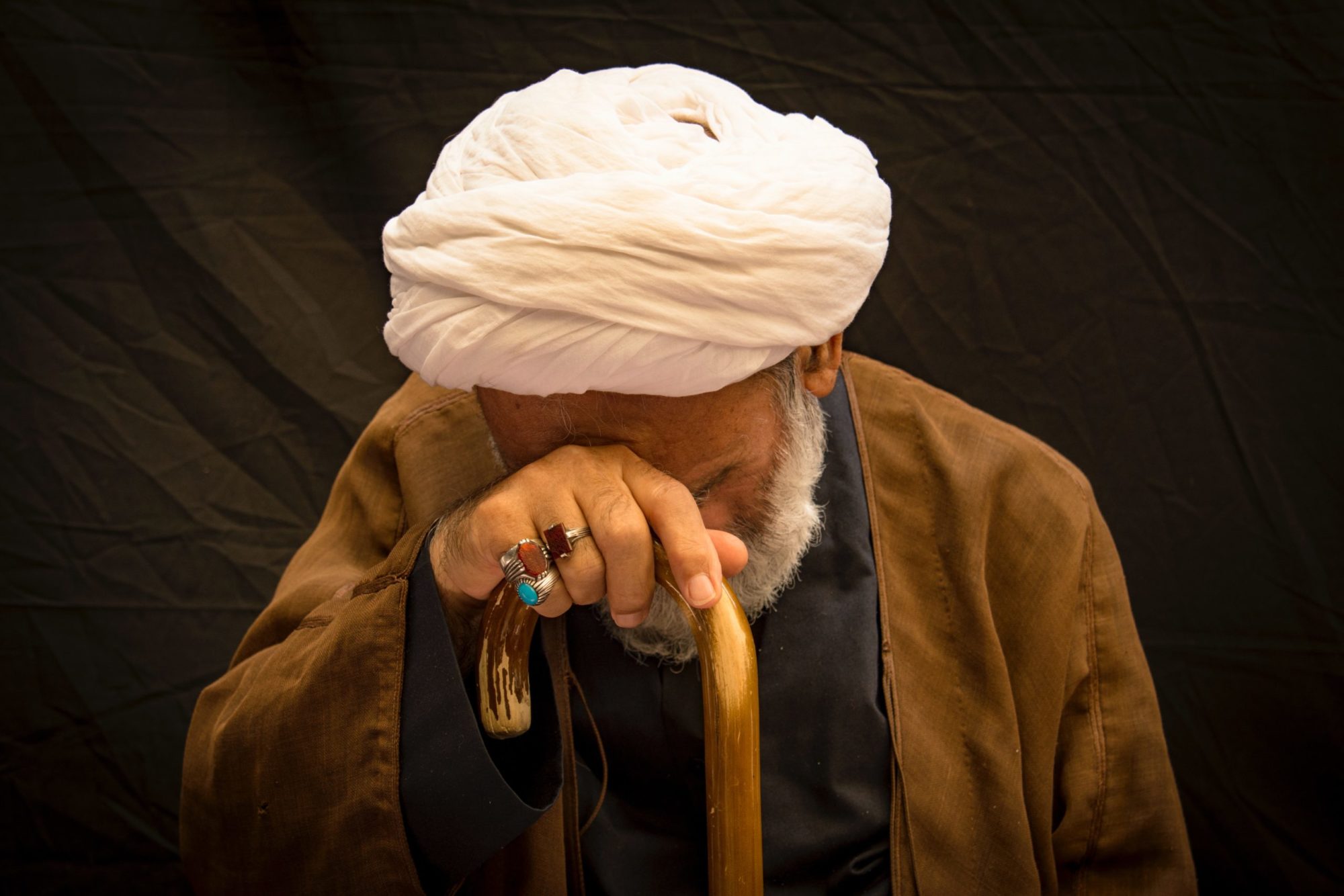As we wrap up the first year of the Biden administration, it has become clear that targeted economic sanctions have been the president’s preferred tool to punish dictators in hopes of quelling human rights violations. In applying such sanctions, the administration faces the most difficult of many dilemmas associated with sanctions. By pushing for civil and political rights, coercive sanctions increasingly devastate the socio-economic rights of innocent civilians. The current three fully sanctioned nations of Iran, Venezuela and Syria exemplify this bitter irony at crisis levels. Can economic sanctions be recalibrated to constrain dictators while limiting their negative impact on the citizens we intend to protect?
Political debates about this task abound. Various analysts, with ample supporting evidence, claim that targeted financial and banking sanctions are so destructive to the well-being of citizens that these sanctions constitute an anti-population weapon that violates international law and should be banned in all. cases. Another view often heard from governments that impose sanctions is that the incompetence and brutality of sanctioned rulers amplifies civilian damage by redirecting the most devastating economic consequences of sanctions against their own citizens and generally rejects remedies. that could alleviate such a socio-economic disaster.
By pushing for civil and political rights, coercive sanctions increasingly devastate the socio-economic rights of innocent civilians.
My own point of view argues that the development of targeted and smart sanctions was intended to provide decision-makers with a menu of choices whereby each coercive measure imposed flowed from the seriousness of the violation of international law or the normative offense it was conceived of. to punish. Tragically, many leaders of powerful Western nations have chosen to impose these precise and discreet sanctions in full combination, causing maximum economic pain, but with minimal impairment of stated political goals.
Three months ago, the 2021 Treasury Department’s Sanctions Review promised that US sanctions policy would devote more attention to mitigating the unintended negative humanitarian effects of sanctions. Yet there was a lack of specific steps to take to achieve this goal. That said, some steps have been taken by the Office of Foreign Assets Control (OFAC) that have facilitated new processes and directions that make it easier to deliver humanitarian goods to each of these countries. And the administration has launched new relief efforts through the UN and failed to implement some of the more draconian areas of Caesar law that have complicated various relief efforts in Syria.
WHAT THE REVERSAL OF SANCTIONS WILL DO
Despite these competing explanations for the impact of sanctions and OFAC’s new actions, US policymakers urgently need new, proactive humanitarian and human rights measures in the besieged economies of the three countries most heavily sanctioned by excessive sanctions. . None of these measures will benefit the nuclear program of Assad, Maduro or Iran. On the contrary, they will begin to significantly remedy the countless damage done to civilians.
In Syria, a functional and special financial channel for banks to facilitate humanitarian supplies and other goods is a priority. The same goes for expanding the list of early recovery materials needed to rebuild infrastructure. And the United States should allow Syrians in exile to send funds to families still in the country.
In Venezuela, the United States is expected to reformulate sanctions on oil exports and facilitate new trade and new income to raise civilians through a well-monitored “essentially oil” program. The income earned could provide a much needed injection of the purchasing power of citizens. And by offering the suspension of some sanctions this month, the United States can leverage such incentives to have leaders negotiate a more viable, reformed government at a critical time.
Even with all of the complicated ties the US sanctions have to Iran’s nuclear development and ongoing negotiations, Washington can still take important steps to assert the rights. It would be particularly beneficial for the average Iranian to end Iran’s stranglehold on foreign currency access. The same would be true of facilitating repairs in Iran’s supply chains for transport and banking access to the money, medicines and food necessary to carry out daily life.
This counterproductive use of sanctions in the name of human rights can be reversed. And the three most difficult cases from Venezuela, Iran and Syria are the best areas for improvement. The United States does not need to accept that economic measures imposed to restore democracy and punish political leaders for human rights violations must also devastate socio-economic rights and the well-being of citizens. The time has come to recalibrate sanctions to strengthen and not deteriorate fundamental human rights.
George A. Lopez is Professor Emeritus of Peace Studies in Hesburgh at the Kroc Institute at the University of Notre Dame. He writes frequently on economic sanctions.

